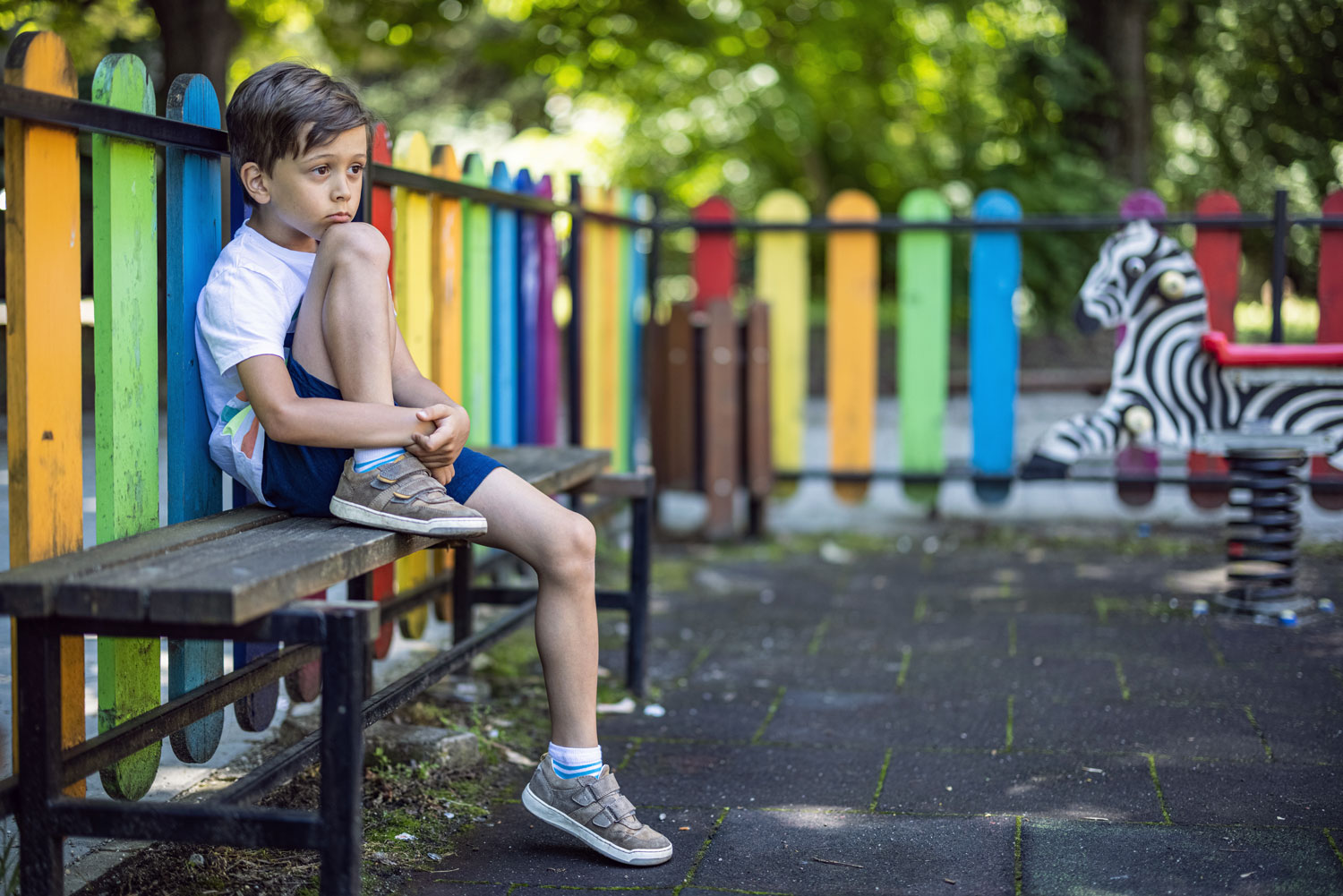UK HealthCast: Human trafficking

UK HealthCast is a podcast series featuring interviews with UK HealthCare experts on a variety of health-related topics.
On this episode, Carla Hay, a pediatric forensic nurse at Kentucky Children's Hospital, discusses human trafficking. Hay is part of the Division of Pediatric Forensic Medicine, whose goal is to identify and prevent child abuse as well as assist in identifying conditions that may mimic child abuse.
Human trafficking, as defined by the United Nations, is the transfer or harboring of people through force, fraud or deception with the aim of exploiting them for profit.
What more would you add to that definition to help create a more comprehensive understanding of what human trafficking is?
Carla Hay: One thing I would like to be sure and add is that with minors, force, fraud and coercion does not have to be proven for any type of engagement in sex trafficking. I feel like many people in the past have really believed that trafficking only happened in other countries or big cities. I think people are beginning to realize and take an interest of how much is happening in small towns and rural areas. It really happens everywhere, no exceptions at all.
And then, traffickers can be seemingly safe. It doesn't have to be somebody that looks or acts or behaves as what we would think a pimp would for sex trafficking. It could be neighbors, business or farm owners, your kids' classmates, and then, sadly, even friends or family.
How prevalent is human trafficking in Kentucky?
Hay: I believe that there's a lot more that goes on than we know about, because of the nature of it, it is just really hidden. Through the human trafficking hotline, they have identified around 920 cases of human trafficking. About 2,000 victims were identified in these cases, but we know that it is much more prevalent than what the statistics are showing. And then, the Department of Community-Based Services, they also started reporting human trafficking cases in 2013. There have been about 1300 alleged victims since that time, with the youngest child being two months of age.
What does UK HealthCare do to address human trafficking?
Hay: UK HealthCare is invested in the identification of human trafficking victims. In one study that I know of, most human trafficking victims, they do access healthcare services during their trafficking situation. Around 88%, and about 68% (of those) were seen in emergency departments. The pediatric forensic medicine team at UK, we participate on local and state human trafficking task forces. We did develop a hospital protocol to identify, across the lifespan, survivors of human trafficking. And we also participate in ongoing training in human trafficking to keep us aware of the most updated trends in laws surrounding trafficking, because we know that traffickers are a step ahead of us.
They're making a lot of money from people. And people are something that can be used over and over and over. It's not like a drug; you can go out and sell a drug, and that drug is gone. But humans can be used over and over and over again, and it's such a lucrative business. They always seem to be a step ahead, but we try our best to keep educating ourselves on an ongoing basis, so we know what to look for when they do intersect with a healthcare setting.
What can parents do to keep their children safe from human trafficking?
Hay: First of all, teaching your children skills for resiliency. I think doing things with your children to maintain a daily routine, helping your child by having them do things to help others, teaching them self-care, nurturing a positive self view as a parent.
And then, also knowing what your kids are doing online, just keeping that communication open. Most kids have cell phones and there are apps on their cell phones that can sometimes lead to them speaking with someone who could possibly be a trafficker. Knowing what they're doing on their cell phone, knowing what kind of apps they have on their cell phone, knowing who they're with and where they're hanging out are some really important things. And also, just adding, to do things to help them build their self-esteem, so they aren't so much of target if somebody attempts to exploit them in this way.
But the very main thing I think is the open communication.
Listen to this entire episode of UK HealthCast below or search for UK HealthCast in your favorite podcast app.





